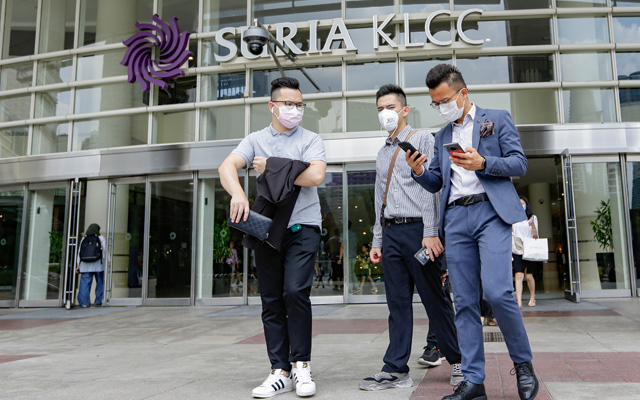The Malaysian Association of Convention and Exhibition Organisers and Suppliers (MACEOS) has appealed to the government – through Malaysia Convention & Exhibition Bureau – to help reduce operating costs for business events stakeholders during the pandemic.
For a start, MACEOS appeal comprises eliminating the Connected Load Charges penalty, reducing tariffs for sewage bills, and lowering assessment fees.

Connected Load Charges are imposed by Tenaga Nasional as a penalty for businesses that do not meet the minimum electricity load usage; sewage bills imposed by Indah Water Konsortium, which for some businesses can run up to RM10,000 (US$2,456) a month, regardless of whether venues are operating; and annual fixed assessment fees by local councils.
MACEOS’ president, Francis Teo, said: “While industry players are told they cannot hold face-to-face business events during the Conditional Movement Control Order (CMCO), exhibition and convention centres still have to pay bills to keep their venues and businesses open. The situation is taking a toll on business events industry players who are struggling to stay afloat.”
Teo lamented that restrictions imposed on face-to-face events had already severely impacted the business events industry with year-to-date revenue losses reported at 90 per cent compared to 2019.
As such, he hopes the government will step in to help with the operating costs.
He proposed: “It doesn’t have to be a blanket reduction for everyone. The government could implement it on a case-by-case basis, upon application by the affected companies.”
Teo also urged the hovernment to consider providing electricity bill discounts of 50 per cent up to June 2021 to allow industry players to recover from this year’s losses.
He said: “Having to pay these bills is putting further pressure on an industry that is already stretched to its limit. The reductions proposed will really help to keep our operating costs low, especially since we are not allowed to hold business events in the foreseeable future. This in turn will allow us to avoid retrenching people unnecessarily.”
Teo also commented that although the wages subsidy programme has been extended till the end of 2020, employers still need to fork out up to RM3,400 or 85 per cent of the salary for eligible employees earning RM4,000 or less. With Business Events not allowed to take place, organisers and suppliers have no source of income to be able to keep paying RM3,400 per skilled employee to keep them retained. Moreover, there is no subsidy for highly skilled employees earning more than this minimum amount.
He elaborated: “While the government has encouraged Business Events suppliers to go virtual, this is only a fraction of the revenue that can be generated and is not enough to keep companies afloat during this period.
“We are losing skilled and experienced talent from this industry each day. The long term impact is a mammoth loss to business events and our economy.”





















